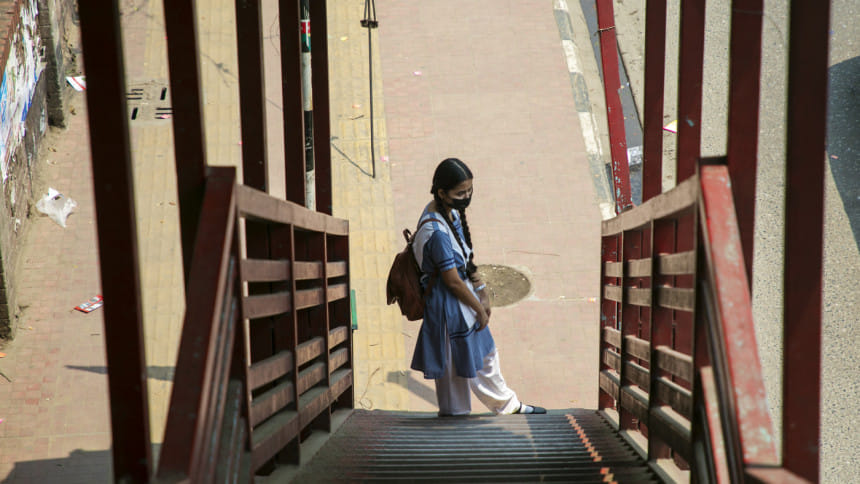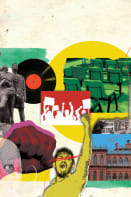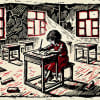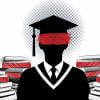How political instability affects students

As the election season in Bangladesh begins, the growing political instability casts a gloomy shadow over the lives of students across the country. The continual disruptions to our daily routines, particularly the transportation issues, are intolerable, jeopardising not just our education but also our safety.
During this time of year, students, whether they are in school or university, prepare for final exams and midterms. However, the exam season has aligned with the election this year. This has given a glimpse into how things will be until the election ends, as political unrest continues to persist and is expected to worsen in the coming days. The unrest has spread far beyond the political arena, penetrating the fundamental fabric of society. Many students' academic goals are impacted, as are their psychological well-being.
Political parties frequently announce nationwide hartals or call for blockades just a day, or even hours, in advance. The "peace processions" taking place are anything but peaceful and, due to the risk of vandalism, public transportation has restricted movement. Given how the majority of students rely on public transport, this puts students in a place of concern, as the instability hinders them from safely commuting from their homes to their educational institutions.
Some educational institutions underestimate the current political climate and opt to keep schools and universities open, despite the significant risk this poses to students commuting to and from campus. The continual hartals and blockades have transformed what should be a typical commute to school into a logistical nightmare, fraught with concern for their personal safety. Since many students may not have access to private transport, universities should be more understanding and accommodating to ensure the safety of their students.
The unstable political situation not only interferes with their academic course completion and the duration of the academic calendar, but it also has broader implications. With examinations and classes frequently cancelled, moved online, or postponed, students are left in a state of uncertainty, not knowing when or if they will be able to return to a regular, in-person classroom setting. While some students may view the return of online learning and exams as a blessing in disguise, the uncertainty and last-minute changes to class schedules have caused disruptions for many students. Additionally, due to the abundance of distractions and the casual settings of their homes, many students may find the online learning experience to be mediocre at best.
While online classes are necessary given the situation, they are not a cure. We are being short-changed, and it is past time for our institutions and political leaders to recognise this and accept responsibility. The present political instability in Bangladesh is a problem that jeopardises educational pursuits. It is unacceptable that students find themselves trapped in the crossfire yet again in another election year. Our political leaders should be responsible for de-escalating the situation and prioritising the safety and education of the students.
Sumaiya Rashid is a student at IUB.

 For all latest news, follow The Daily Star's Google News channel.
For all latest news, follow The Daily Star's Google News channel. 









Comments